18 Important Points Deck Officers Must Consider in Coastal And Congested Waters
Coastal passages are an extremely busy time for the ship’s officer of the watch (OOW). The traffic density is usually high with an increased concentration of fishing vessels that aren’t exactly swift in response at all times! There’re multitude of tasks at hand and the OOW has to manage it all!
This sort of high pressure demands extreme time and skill management. Some of the important tasks for deck officers involve constant plotting of the vessel on the large-scale chart, maneuvering and alteration as per the passage plan, and keeping a sharp lookout at the same time.
Managing the jobs on the bridge require efficient and accurate allocation of time and available resources. When the OOW is busy himself, he must ensure that the other lookout at disposal is sharp and absolutely vigilant. Not to forget that being the one in charge, he must also judge a situation where it is imperative for him to take over the primary duty of keeping a look out.
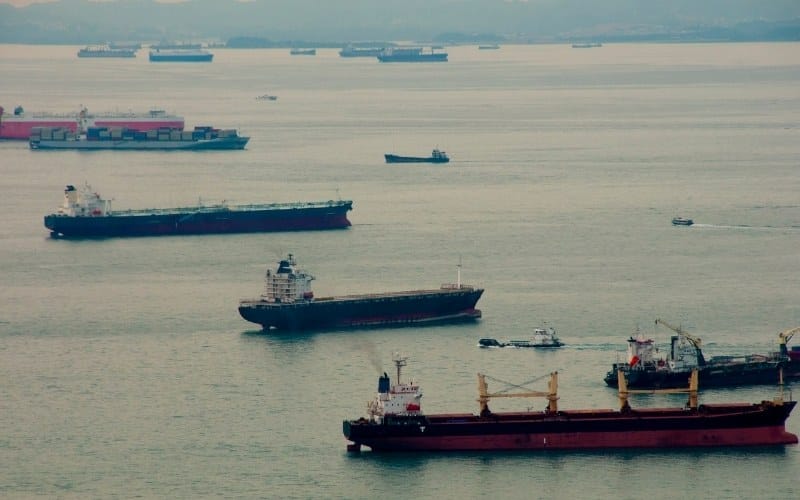
Ironical as it may seem, this too demands equal allocation of time for collision avoidance as well as position fixing. It is at times like these that the OOW must not hesitate in informing the Master for seeking assistance as it doesn’t necessarily imply inefficiency in the part of the OOW.
All the tasks that are in simultaneous progress are equally important and crucial to safe navigation. That is why the navigator must keep in mind the following point in such congested waters:
1. Stick to the Master’s orders for he knows best, out of experience and knowledge, as to which modus operandi best suits those waters.
2. Use the best available large-scale chart for the area for higher accuracy.
3. Account for set and drift.
4. Identify all navigational marks prior to approaching them and continue to figure them out as you progress along the voyage. Study the chart to pickup any landmarks as early as possible.
5. Account for strong tidal currents that automatically cause deviation in the ship’s intended operation.
6. Comply with the rules of the traffic separation scheme to avoid any unnecessary complications.
7. Identify the landmarks using the chart and visually. Use all available navigational aids to fix a very accurate position using that information. In congested waters, it boils down to the very finest point of accuracy.
8. Adjust the courses to allow for deviations.
9. Avoid treading too close to navigational hazards, oil fields etc. Needless to say, it increases the chances of a mishap especially when there is a viable prospect of shallow waters.
10. An increased traffic density, especially the presence of fishing vessels closer to the coast, demands higher vigilance and sharper look out. Use the manpower at hand to the fullest.
11. Report to the VTS as and when required. The VTS is generally quite responsive which makes it easier to coordinate bridge operations pertaining to coastal navigation.
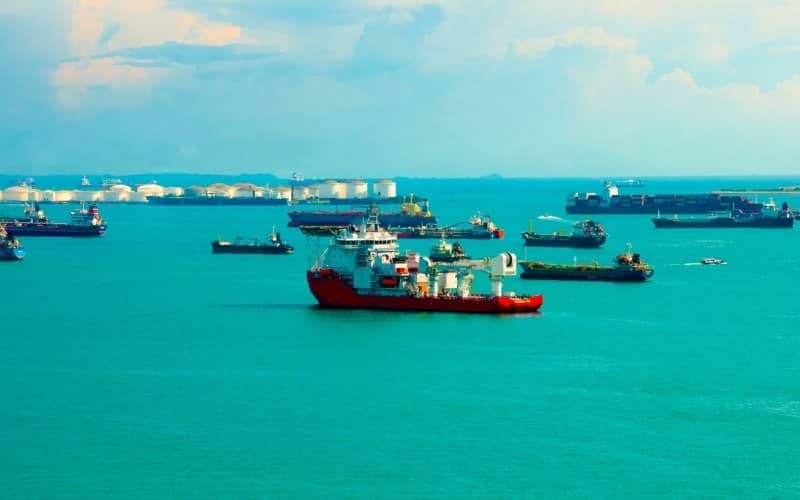
12. The need for hand steering is almost always necessary when in such waters. It is therefore important to have the right person (AB) to be on standby for steering duty.
13. Keep a very close watch on the UKC to avoid grounding. Seafarers who have experienced the hassle of a grounded vessel know its best to avoid such an incident.
14. Communicate with the ECR to ensure that the engines are ready for maneuvering as and when required. A clear communication process with the ECR brings in the expertise of another angle, thereby increasing the efficiency of the ship overall.
15. Log all the relevant information as you go along, most importantly the radio log. Evidence of communication is always important from a legal point of view.
16. Increase the PPI if the sea room gets more confined. Remember to inform the Master about any decisions with respect to navigation in advance.
17. Adjust the course in case the vessel seems to be going off track. When provided with limited room, it is obvious that the track ought to be maintained to avoid an impending disaster.
18. Most importantly, call the Master BEFORE any crucial situation arises. Assess and appraise a situation to determine as to when it becomes inevitable for the Master’s expertise and knowledge to be brought in.
It is agreed upon and obvious that navigation in waters with limited sea room and limitless hazards to vessel movement requires a very specialized skill set. And although a seafarer is qualified to handle such situations, it basically comes down to handling time and allocating importance in the best possible way. Therefore, all the above mentioned important points must be taken into deep regard in performing the OOW’s to his finest in coastal and congested waters.
Do you have info to share with us ? Suggest a correction

About Author
Shilavadra Bhattacharjee is a shipbroker with a background in commercial operations after having sailed onboard as a Third Officer. His interests primarily lie in the energy sector, books and travelling.
Latest Marine Navigation Articles You Would Like:
Subscribe To Our Newsletters
By subscribing, you agree to our Privacy Policy and may receive occasional deal communications; you can unsubscribe anytime.



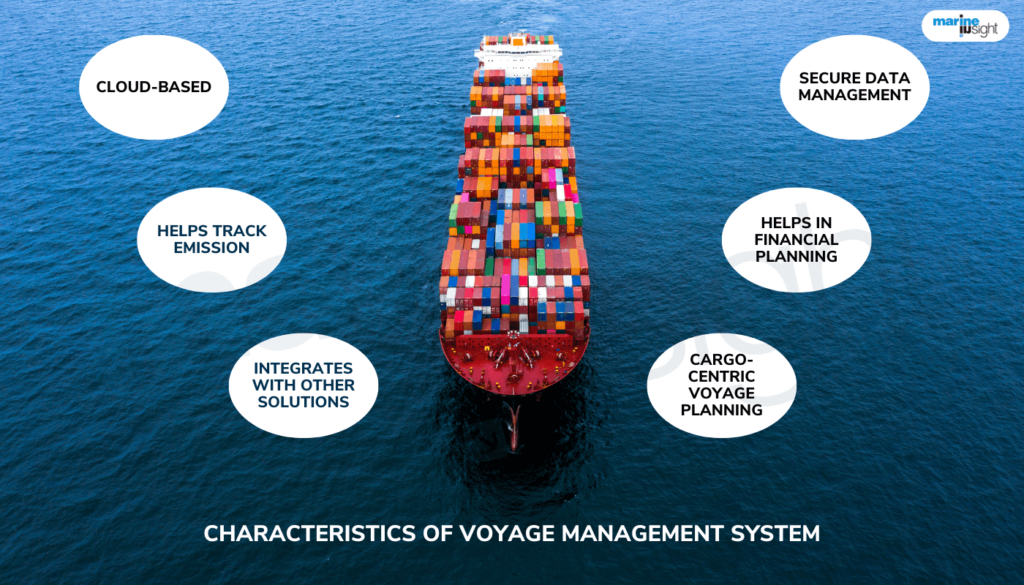
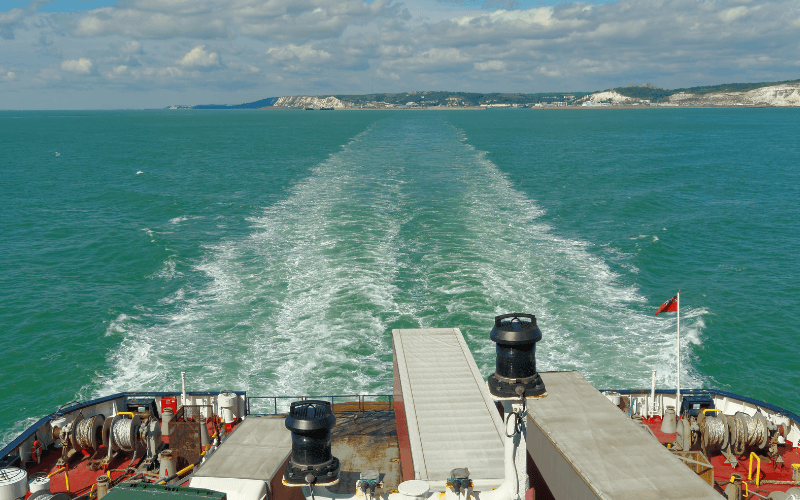
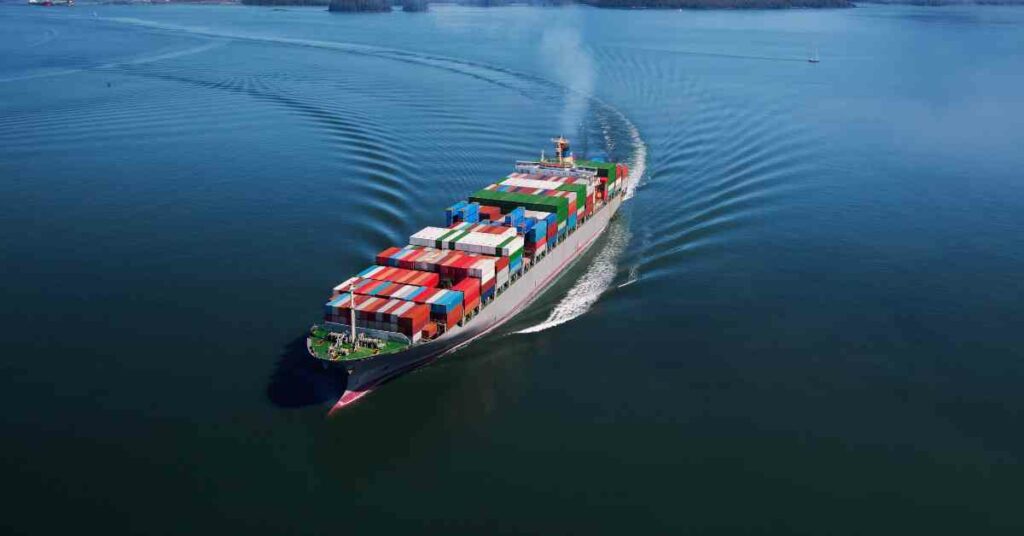
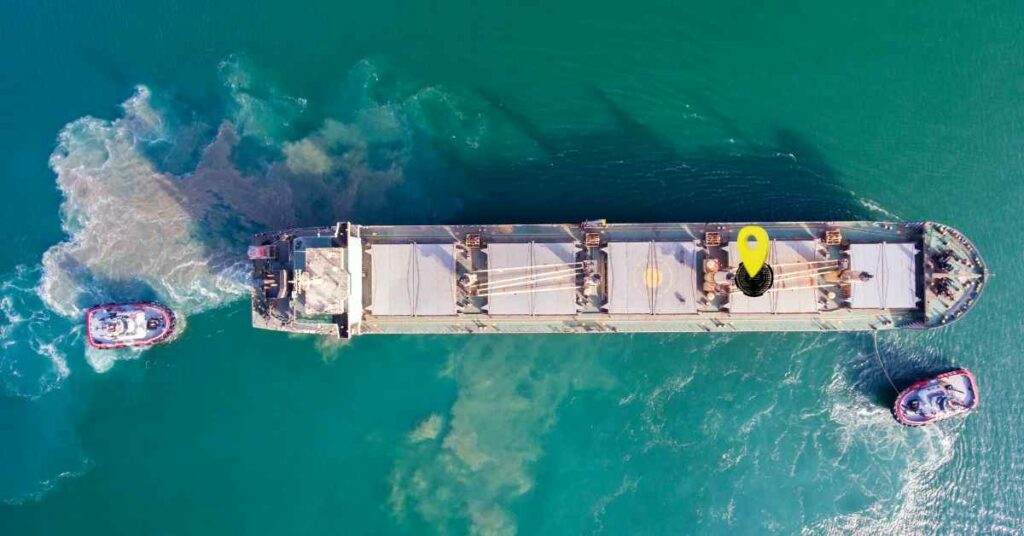
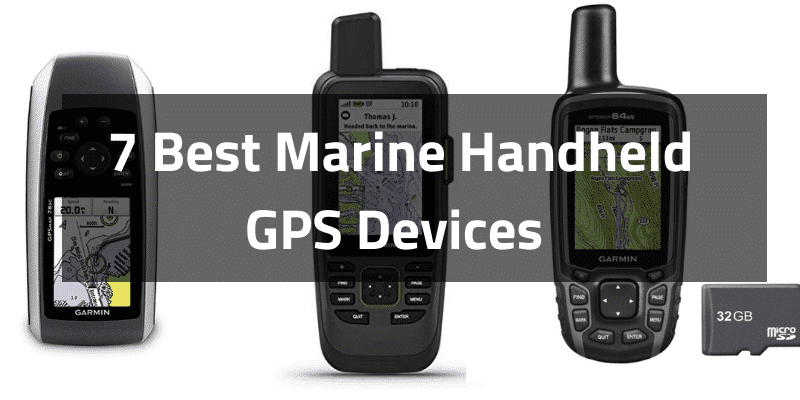
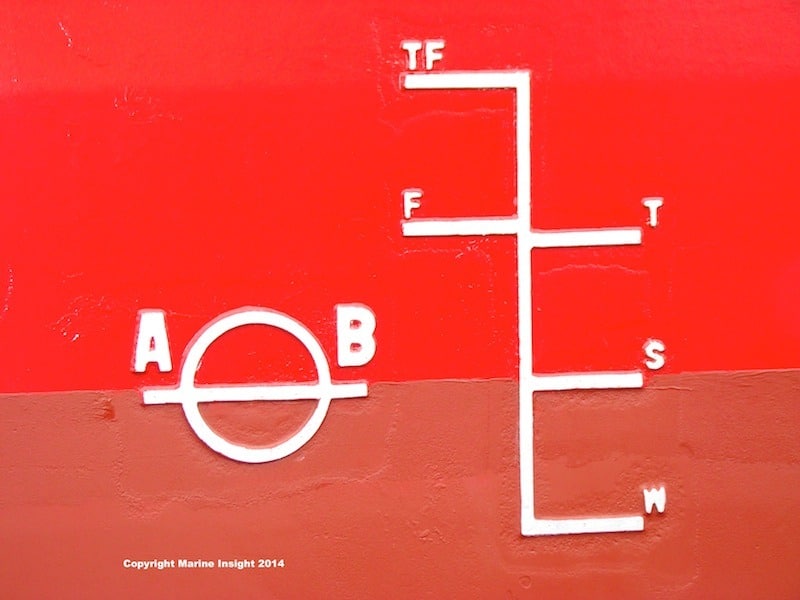

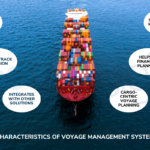
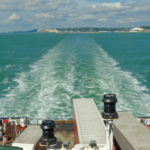
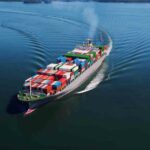
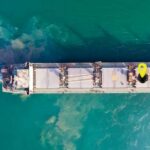
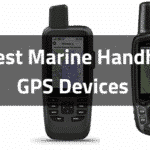

Need good ship
Its a well written article. I would like to add that the use of parallel indexing technique in costal waters, use of echo sounder as a means to cross check positions is very helpful. Lookout should not be given Helmsman duties .Additional crew member can be called at any time for steering.
bonjour.. je veux être marin j’adore ce boulot.
Its a well written article. I would like to add that the use of parallel indexing technique in coastal waters, use of echo sounder as a means to cross check positions is very helpful. Lookout should not be given Helmsman duties .Additional crew member can be called at any time for steering.
It well reten article
In our days with ECDIS paperless navigation I suggested to use RIO (Radar Image Overlay) and check frequently the GPS (ECDIS) position with alternative methods e.g. Radar , visual bearings etc
Many places army’s interfaces the GPS reception even their softwares are upgraded with latest technologies
Some alerts already issued by USCG